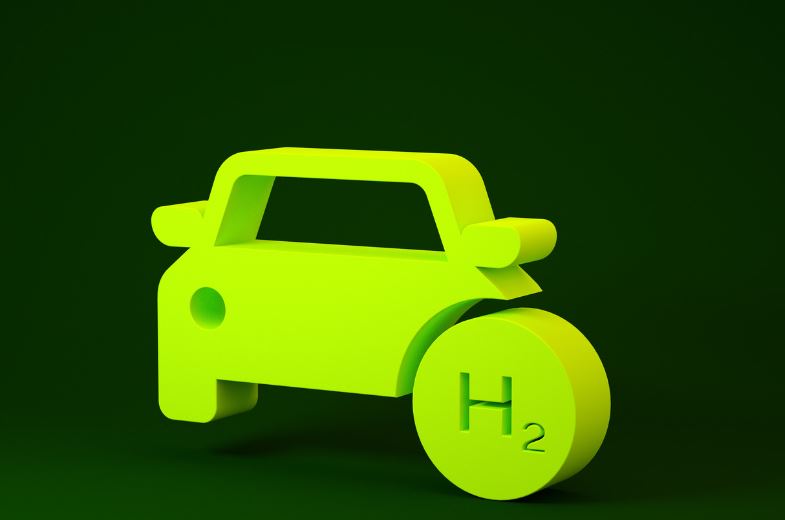The Alpenglow Hy4 concept by Alpine has captured the imagination of automotive enthusiasts and industry insiders alike. Debuting with a demonstration at the 24 Hours of Le Mans, the hydrogen-powered concept car represents Alpine’s bold vision for the future of sports cars. But can this ambitious project become a reality by 2028?
Alpine, a brand with a rich heritage in sports cars, is venturing into hydrogen technology with the Alpenglow Hy4. This concept car is powered by a 2.0-liter four-cylinder engine fueled by liquid hydrogen, producing 335 horsepower. Alpine is already working on developing a more powerful hydrogen V6 for potential production versions. CEO Philippe Krief has expressed his desire to see this concept come to life, emphasizing its importance for Alpine’s technological and brand development.
Hydrogen as a fuel source for sports cars presents unique challenges and opportunities. The primary advantage is its potential for zero emissions, aligning with global efforts to reduce carbon footprints. However, the technology faces significant hurdles, particularly in storage and infrastructure. Hydrogen tanks are currently bulky and expensive, posing a substantial challenge for integration into sports car designs. Krief acknowledges this, noting that new technologies discussing polymorphic-shaped tanks could address these issues.
Globally, hydrogen technology is gaining traction, but its application in sports cars remains relatively untested. Toyota and Hyundai have made significant strides with hydrogen fuel cell vehicles, but these are primarily focused on passenger and commercial vehicles. The Alpenglow Hy4’s approach, using liquid hydrogen, is unique but also more complex compared to the gaseous hydrogen used in most current applications.
Before the Alpenglow Hy4 can become a reality, Alpine plans to launch a 100% electric successor to the A110. This new model will be built in coupe form and will also be offered in 2+2 and spider versions, reflecting Alpine’s commitment to diversifying its electric vehicle lineup. This transition to electric vehicles is a critical step for Alpine, providing a more immediate and commercially viable path towards sustainability while hydrogen technology continues to mature.
The success of the Alpenglow Hy4 hinges on several factors: technological advancements in hydrogen storage, the development of a robust hydrogen refueling infrastructure, and economic viability. Currently, hydrogen production and storage are expensive, and significant investments are required to make hydrogen competitive with electric and traditional internal combustion engines. Alpine’s vision of a road-legal hydrogen sports car by 2028 is contingent on overcoming these economic and technological barriers.
